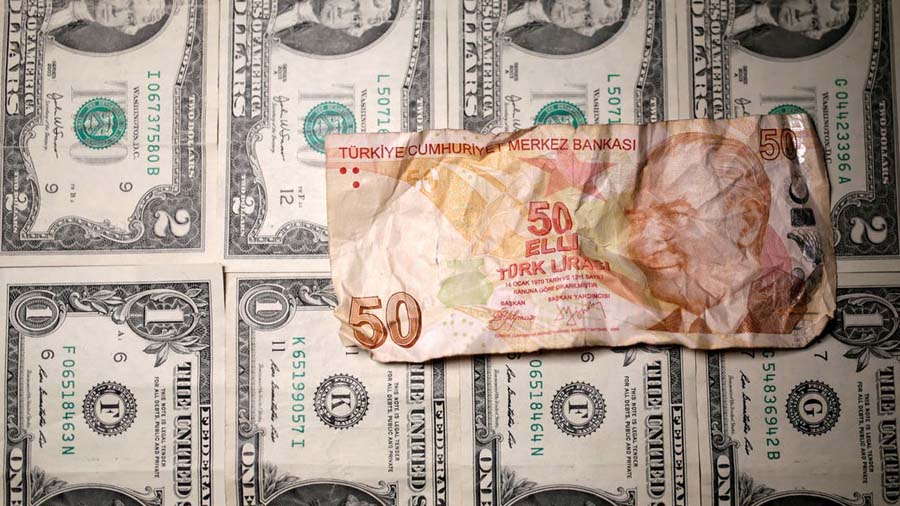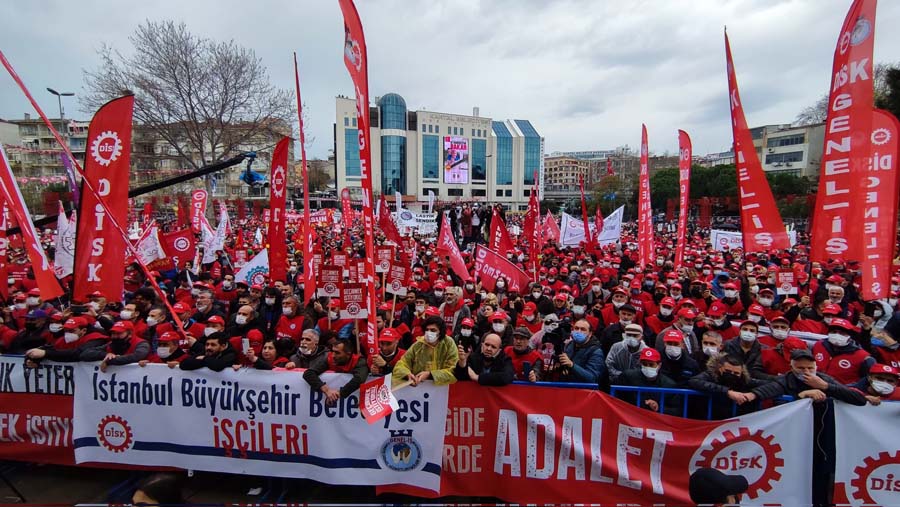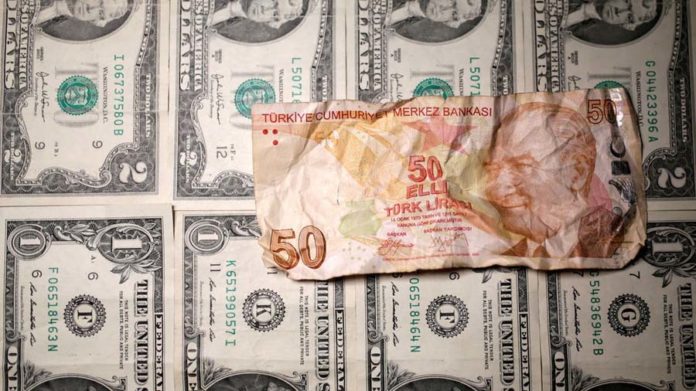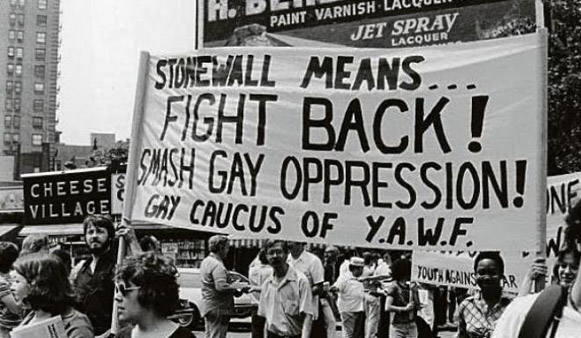Ecehan Balta
In the course of the last month alone, the Turkish Lira has lost more than 30 percent of its value against many “strong” currencies such as the Dollar, the Euro and the Saudi Riyal. An increase in inflation of 3.1 percent was recorded for the month of November. Annual inflation, according to official statistics, climbed to 21 percent in total. More important for working class families, it was 27 percent for food prices. But in reality, it is widely known that these figures only partly reflect the real numbers, which are much higher.

Based on these figures, international credit rating agencies changed Turkey’s credit rating to negative. The Central Bank sold dollars to support the Lira twice in the past weeks. But it cannot sustain that kind of intervention for long, particularly so as its net dollar reserves are negative. Reuters announced this with the headline “Turkey is spending money it doesn’t have”.
Impoverishment
The decline in real incomes has been an important issue in Turkey for a quite a number of years. In particular, reports published these days announce that the minimum wage will be determined by the government, based on negotiations between the state itself with worker and employer unions. This clearly reveals the fear of the establishment about the level of impoverishment. According to the DISK-AR report, Turkey had the second lowest minimum wage in Europe (after Albania) in 2021.
According to the report, 3.4 million workers (18 percent of all wage earners) in Turkey work for wages below the minimum wage. The number of workers working for less than 1,500 TL (96 € with the current exchange rate) is 1.7 million. The number of workers who have to live on the minimum wage [the official minimum wage is 2.825 TL / 171.5 €] or below that is around 6.3 million (33.8 percent of all wage earners).
The AKP government continues to act as if this situation was a conscious choice and that the situation is under control. President Erdoğan described this period as “the new era in the economy”, and stated that the government aimed to “produce goods like China, cheaply, sell them to Europe and thus provide dollar input from this production”.
Erdoğan stated that they chose the difficult path, and said that within a six-month period, things will become better. He also said that he thinks that citizens will become conscious of improvements in the economy during 2022. Recently, the newly appointed Central Bank Governor also said “we will observe the cumulative effects of our current monetary policy stance in the first half of 2022”.
So, is this really a new model? Is Turkey really following the in footsteps of China with this “new economic model” which is claimed to consist of cheap labor, low interest rates and high-quality production? Or has the train in reality been derailed?
A derailed train
In fact, with the slowdown in foreign investments since 2013, we were already seeing that the current economic model in Turkey was not working. The government’s insistence on reducing the interest rates means the Turkish Lira (TL) has been depreciating. This then was used to achieve some short-term gains by selling-off important assets to countries such as the United Arab Emirates and Qatar at a very low price. This again seems the only way Erdogan can save some face in view of the general election, which is almost certain to be held in the second half of 2022. On the other hand, the depreciation of the TL against foreign currencies provides a significant advantage especially for certain capitalists, i.e. the exporters, the construction sector, and those who borrow using TL.
But even if Erdogan’s agenda was successful (which it isn’t), for the working masses it makes no difference if the depreciation of the TL will result in an increase in competitiveness of some sections of capital and foreign investors. These may result in some crabs falling off the table, but will by no means compensate for the decreasing of real wages, the falling purchasing power and impoverishment. In reality, Turkey is rapidly turning into a society of extremely low wage earners. Especially because the increase in food prices leads to irreversible consequences on the health and the lives of millions of people.
Process of collapse
The issue that dominates the public agenda in the country is now the economy. The more than 200 deaths per day due to the pandemic and the criminal policies of the regime in this area are hardly talked about.
These are the reasons why the regime seems to be thinking about a new military operation in Rojava, Syria, to distract attention from everyday problems.
But the course of events is clear: Erdogan’s regime is going through a process of collapse.

Despite the fact that only relatively small protests are being held in this process by trade unions and some citizen groups, due to the massive state repression in Turkey, the working class and the poor are getting much angrier against the AKP day by day. Unfortunately, there is a lack of a socialist political alternative to convert this anger into political action. The building of such a mass political alternative should be the main task of the left, social movements, fighting unions, working people and the oppressed.













